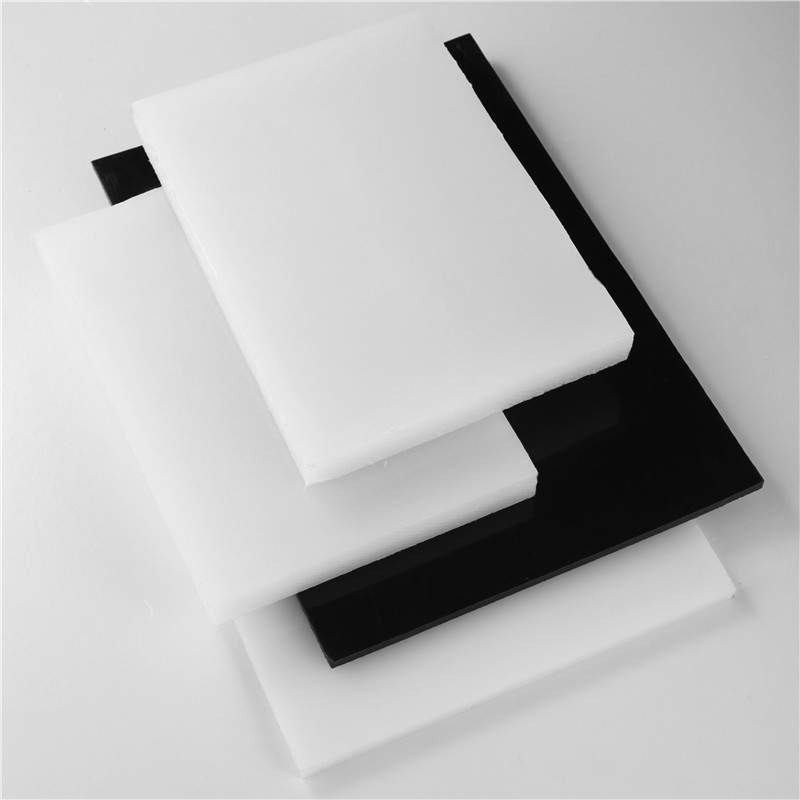Jul . 29, 2024 22:18 Back to list
Exploring the Benefits and Applications of PVC Pipes and Fittings in Modern Construction and Plumbing
Understanding PVC Pipes and Fittings Applications, Advantages, and Maintenance
Polyvinyl Chloride (PVC) is a versatile plastic widely used in construction, plumbing, and various industrial applications. PVC pipes and fittings have become a popular choice due to their durability, lightweight nature, and cost-effectiveness. This article delves into the properties, advantages, applications, and maintenance of PVC pipes and fittings.
Properties of PVC Pipes
PVC pipes are made from polyvinyl chloride, a synthetic plastic polymer. They are known for their robustness, resistance to corrosion, and ability to withstand high pressure. Unlike traditional materials such as metal or wood, PVC does not corrode or rust, making it ideal for long-term use in a variety of environments. Additionally, PVC pipes are non-toxic, making them safe for transporting drinking water and sewage.
One of the key features of PVC pipes is their smooth interior surface, which minimizes friction and facilitates the easy flow of liquids. They are available in various sizes and lengths, making them adaptable for numerous applications. PVC pipes also have a high tensile strength, allowing them to maintain their shape even under extreme conditions.
Advantages of PVC Pipes and Fittings
1. Cost-Effective PVC pipes are generally less expensive than their metal counterparts. Their lightweight nature also reduces transportation costs, making them an economical choice for both residential and commercial projects.
2. Easy Installation PVC pipes can be easily cut and joined using solvent cement, which accelerates the installation process. They require no special tools or equipment, making it accessible for DIY enthusiasts.
3. Durability The lifespan of PVC pipes can exceed 50 years when properly maintained. They are resistant to chemicals, UV rays, and weathering, which makes them suitable for both indoor and outdoor use.
4. Environmentally Friendly PVC pipes can be recycled, making them a more environmentally responsible option compared to non-recyclable materials. Additionally, their long lifespan reduces the need for frequent replacements, thereby conserving resources.
pvc pipes and fittings

5. Versatility PVC pipes are utilized in a wide array of applications, from plumbing and irrigation to electrical conduits and drainage systems. Their adaptability makes them a favored choice across various industries.
Applications of PVC Pipes and Fittings
PVC pipes and fittings find usage in multiple sectors, including
- Water Supply They are extensively used in residential plumbing systems for cold and hot water distribution. - Drainage Systems PVC is an excellent choice for drain, waste, and vent systems due to its non-corrosive nature. - Irrigation The agricultural sector utilizes PVC pipes for irrigation systems, ensuring efficient water distribution. - Telecommunications PVC conduits protect electrical and data cables from environmental damage. - Industrial Applications Various industries adopt PVC for chemical transportation due to its resistance to a wide range of chemical substances.
Maintenance of PVC Pipes
While PVC pipes are highly durable, regular maintenance is essential to ensure their longevity. Homeowners should periodically check for any visible signs of wear or damage. Regular cleaning of drainage systems can prevent blockages, while ensuring that the pipes are free from debris can enhance flow efficiency.
In cases of leaks or damage, quick repairs using PVC patches or replacement sections are often possible, which further prolongs the life of the installation.
Conclusion
PVC pipes and fittings have revolutionized plumbing and construction due to their myriad advantages. Their durability, cost-effectiveness, and versatility make them an indispensable component in various applications. By understanding their properties and practicing regular maintenance, users can maximize their benefits and ensure reliable performance for years to come.
-
High-Quality PPR Pipes and Fittings Durable ERA PPR & PVC PPR Solutions
NewsJul.08,2025
-
Black HDPE Cutting Board - Durable, Non-Porous & Food Safe HDPE Plastic Cutting Board
NewsJul.08,2025
-
High-Quality CPVC Panel Durable HDPE & PVC Panels Supplier
NewsJul.08,2025
-
Double PE Welding Rod Supplier - High Strength, Durable & Versatile Welding Solutions
NewsJul.07,2025
-
High-Quality PVC-O Pipe Supplier Durable 75mm PVC Pipe & Connections Leading PVC Pipe Company
NewsJul.07,2025
-
HDPE Drainage Pipe Supplier – Durable & Corrosion-Resistant Solutions
NewsJul.06,2025

